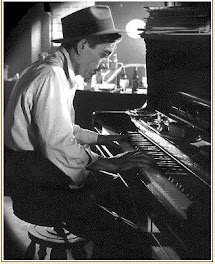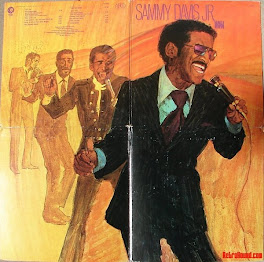I have become a card-carrying Medicare enrollee and am unashamed of it.
The application process, online, went smoothly, and the personal 'call-back' I expected from a 'live representative' didn't have to happen. They just sent me the Award Letter and my card.
Later on, thinking about my access to online information, I re-entered the system, quickly realizing I hadn't yet established a password, so I followed the instructions to get one. After going through four entry screens, the alert showed: Unable to access at this time.
Ultimately understanding my standard American English pronunciation, the automated, sound-sensitive, multi-menu national phone number, which I went to next and which might have resolved things, also didn't. After several of my vocal and numeric attempts over the phone, the alert sounded: Unable to access at this time.
This is not a major problem, since I'm still working -- functionally, happily, and getting better at what I do -- and when I do retire, I'll be applying online again, a new claim, a retirement claim, at which time my 'access' problem would likely be resolved.
But I'm something of a terrier, and I like to dig.
So I went into a local office.
Knowing fully ahead of time that the press of humanity would not be genteel, I readied myself with patience and a book. The office itself is situated in a newly-constructed building, the fourth floor, and there is a greeting station wherein you punch your choice of reasons for visiting, get a 'triaged' number (four separate sets, depending on your query), and take a seat in an area set up like a private viewing room.
It's well-lit, has an aisle. There's a big screen TV silently displaying the current numbers being served. Those numbers were getting matched every so often over a loudspeaker directing people to particular windows.
General information also gets displayed on the big screen TV. It shows in English and then in Spanish. I deliberately avoided the English in order to practice my Spanish. I also watched a close-captioned version of how Social Security works to one's advantage. It stars Patty Duke-Astin and George ('Mr. Sulu') Takei and takes place on a mock-up of the Starship Enterprise, its bridge.
I'm sure it's a comedy, but I was too absorbed in the book I brought along, La Nausée, Sartre's seminal novel in which a bridge between Phenomenology and Existentialism is laid out in fictional form.
Although written in the late 30s in France just as fascism was rising as a plausible political force in Europe -- what with Mussolini, Franco, and Hitler saluting and huffing and shouting and lying and bashing -- the realization felt by the main character Roquentin that the existence of any thing was nothing more than an empty abstraction, that its reality was only a convenience, a relation between itself and any other thing, including oneself (!) -- that realization made him sick. Movement and arbitrary assignment of meaning.
I might say that I myself was getting a bit of vertigo trying to comprehend the missing floor that Roquentin had found himself unable to stand on. And I was sitting.
I jerked myself away from the book's momentary abyss and looked at the screen. My category of numbers (Roquentin would have rejected all categories as ephemeral?) had reached A32. My number was A35. I, for some inexplicable reason, began feeling butterflies in my stomach. They flew around each other, one non-thing around another, one nerve impulse firing on the basis of chemical activity derived by my reading a book in a public office. I had to stop this. It was almost my turn. Almost my time on stage.
.






















































